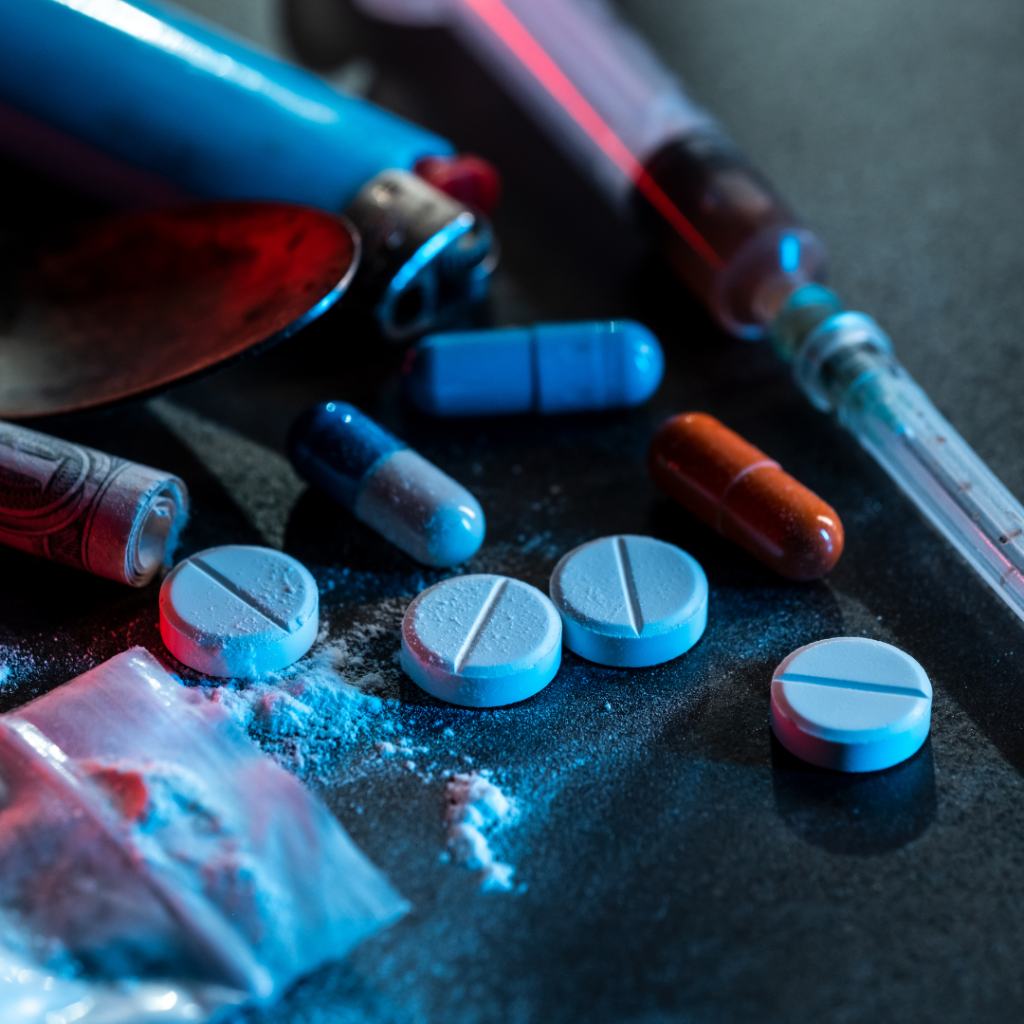Addiction is a disease that affects not only the individual struggling with it but also their entire family. It can tear apart relationships, cause financial strain, and lead to overwhelming emotional distress. Addressing addiction within the family is crucial for the well-being of everyone involved.
In this blog post, we’ll explore why it’s important to face addiction head-on and how families can work together to support one another through recovery. So buckle up and let’s dive into this critical topic!
Addiction is a serious problem that can destroy families. It is important to address addiction within the family so that the entire family can get help and support.
When addiction is present in a family, it can be difficult to know where to turn for help. There are many resources available to families affected by addiction, but it can be hard to find the right one. This blog post will explore the importance of addressing addiction within the family and provide some resources that may be helpful.
It is important to remember that addiction is a disease, and it requires treatment. Addressing addiction within the family is essential so that everyone can get the help they need. With the right support, families can overcome addiction and build a healthy future together.
The Prevalence of Addiction in Families
The prevalence of addiction in families is a serious issue that needs to be addressed. According to the National Institute on Drug Abuse, about one in every three families in the United States is affected by addiction. This means that addiction is a major problem not just for the individual struggling with it, but also for their loved ones.
Addiction can cause a lot of pain and suffering for families. It can lead to financial problems, relationship problems, and even mental and physical health problems. If you have a loved one who is struggling with addiction, it’s important to seek help. There are many resources available to families dealing with addiction, and getting help can make a big difference.
For those with a loved one facing addiction, seeking help is crucial. Numerous resources are available to assist families dealing with addiction, and accessing this support can make a substantial difference. However, it’s equally important to recognize and accept that addiction can pose dangers to the entire family. For example, if a partner’s addiction to drugs affects a family with children, the household environment may not be nurturing or conducive to their growth and well-being. In such cases, addressing the issue and seeking professional help becomes imperative; turning a blind eye is not an option.
If a partner shows no signs of change, there’s no need to feel guilty about reaching out to a phoenix az divorce attorney or similar professionals elsewhere. Under such circumstances, prioritizing your well-being and that of your children is essential, especially if you have exhausted all efforts to bring about positive change. It is okay to take steps that ensure a healthier and safer environment for yourself and your family.
The Roles of Loved Ones in Addressing Addiction
Loved ones play an important role in addressing addiction within the family. By providing support, love, and understanding, loved ones can help addicts recover from their disease.
Addiction is a serious disease that affects not only the addict but also those around them. Addiction takes a toll on relationships, families, and friends. It can be difficult to see a loved one suffer from addiction, but it is important to remember that addiction is a disease. Just like any other disease, addiction can be treated.
The first step in addressing addiction is to talk about it. This can be a difficult conversation, but it is important to have open communication within the family. Addicts need to feel comfortable talking about their addiction and its effects on their life. Family members should offer support and understanding during this conversation.
After the initial conversation, it is important to develop a plan to address the addiction. This plan should be created with input from both the addict and their loved ones. It may include getting therapy or treatment at facilities similar to the Massachusetts Center for Addiction (https://masscenterforaddiction.com/), as well as making changes to the addict’s lifestyle and diet. The goal of this plan should be to help the addict recover from their disease and live a healthy life. There are many resources available to help families create a plan to address addiction.
It is important for loved ones to remember that they cannot force someone into recovery. Recovery is something that the addict must want for themselves. Loved ones can provide support and encouragement, but ultimately it is up to the addict to make the decision to seek treatment.
The Role of the Family in Recovery
The family plays a vital role in an individual’s addiction recovery process. In many cases, the family is the first line of defense against addiction. They can provide support and understanding during this difficult time.
The family can also be a source of stress and conflict for the individual struggling with addiction. It is important to address these issues early on in treatment. Family therapy can help to heal old wounds and build new relationships.
In addition to therapy, there are many other resources available to families affected by addiction. Support groups, educational materials, and online resources can all be helpful in times of need. No matter what the addicion is, it’s also important for the family members to seek help when they feel burnt out by the issue. Taking care of an addict can put a lot of pressure on the rest of the family, and seeking help and care for themselves is also important. Reading some sanon literature and joining support groups for those affected by addicts can be helpful in reducing the stress.
Recognizing the Signs and Symptoms of Addiction in a Family Member
If you think a family member may be struggling with addiction, it’s important to be aware of the signs and symptoms. Addiction can manifest in many different ways, so it’s important to be attuned to any changes in your loved one’s behavior.
Some common signs and symptoms of addiction include:
- Changes in mood or personality
- Withdrawal from friends and family
- Loss of interest in hobbies or activities
- Sudden changes in financial status
- Secretive or suspicious behavior
If you notice any of these changes in your loved one, it’s important to have a conversation with them about what’s going on. Addiction is a serious disease that requires professional treatment, so don’t hesitate to reach out for help if you think your loved one is struggling.
How Families Can Support Their Loved Ones During Recovery
When a family member is struggling with addiction, it can be difficult to know how to best support them. However, there are some things that families can do to help their loved ones through recovery.
One of the most important things that families can do is to provide emotional support. This means being there for your loved one when they need someone to talk to, lending a listening ear, and offering words of encouragement. It is also important to offer practical support, such as helping with childcare or transportation.
Families can also help their loved ones by staying involved in their treatment and recovery process. This means attending therapy sessions and 12-step meetings with them, if possible. It is also important to be supportive of any medication they may be taking and any other recommendations from their treatment team.
Ultimately, it is up to the individual in recovery to make the decisions that are best for them. However, families can play an important role in supporting their loved ones through this journey.
Resources for Families Impacted by Addiction
When a family member is grappling with addiction, it can be challenging to determine where to seek assistance. For instance, you may consider exploring reputable rehab and detox treatment center, Palm Beach or elsewhere to seek professional help from skilled therapists. Alternatively, joining a local support group can provide valuable assistance in overcoming the challenges associated with addiction. It is crucial to remember that numerous resources are available to families affected by addiction, and seeking help from professionals familiar with the specific challenges you are encountering is essential.
- Therapists who specialize in treating addiction and co-occurring mental health disorders
- Support groups specifically for family members of those struggling with addiction
- Treatment programs that offer family therapy as part of their programming
- Educational resources on addiction and recovery.
If you or someone you love is struggling with addiction, reach out for help. There are people who care and want to see you succeed in recovery.

